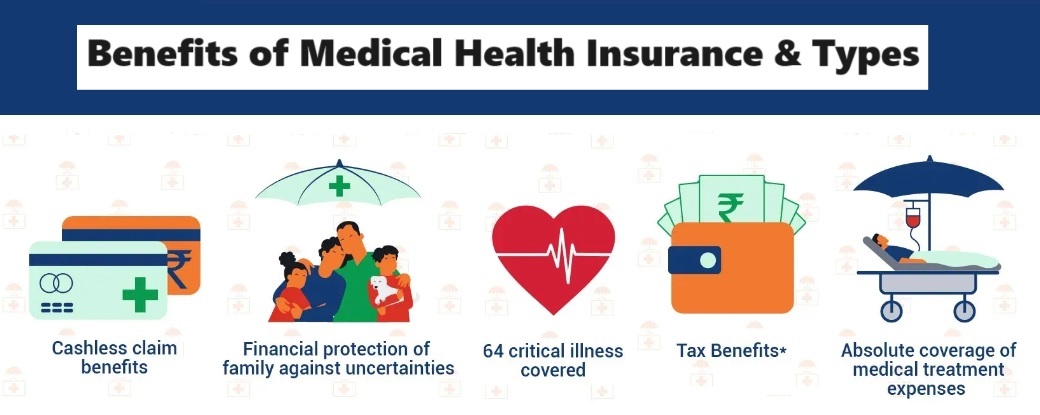Minor cuts and scrapes can lead to serious skin injuries. Skin injuries can be caused by accidents, falls or other traumas. Here are some of the most common skin injuries, and how to treat them.
Abrasions: Abrasions occur when the skin is scraped against a rough surface. How to treat an abrasion
Use mild soap and warm water to clean the wound.
Use an antibiotic ointment available over the counter.
Cover the abrasion using a bandage or dressing that is sterile.
Lacerations and Cuts: Lacerations are deeper wounds. Cuts are wounds in which the skin is slit or opened. Lacerations are deeper wounds. How to care for lacerations and cuts:
Stop bleeding by applying direct pressure using a sterile bandage or clean cloth.
Use mild soap and warm water to clean the wound.
Cover the wound with a sterile bandage and apply an antibiotic ointment.
Seek medical attention if the wound is deep, wide, or doesn’t stop bleeding.
Burns : Burns are caused by heat or chemicals. Burns are classified according to their severity.
Burns of the first degree (superficial): Pain, swelling, and redness. Cool the burn by using cold water.
Burns of the second degree (partial thickness). Blistering and more severe skin damage. Seek medical care.
Burns of the third degree (full thickness). Charred, blackened, or white skin. Seek medical attention immediately.
Bruises. Bruises are caused by blood vessels breaking under the skin, which causes discoloration. How to care for a bruising:
Use a cold compress on the affected area to reduce swelling.
Elevate the affected area.
Pain relievers available over-the-counter can be used to help reduce pain.
Puncture Wounded: Sharp objects can cause puncture wounds. These wounds can become infected. How to care for punctured wounds
Use soap and water to clean the wound.
Use an antibiotic ointment.
Cover the wound with a sterile bandage.If the puncture wound is deep or dirty, seek medical attention.
Bed Sores (Pressure Sores) : Bed sores are common in people who are bedridden, or have limited mobility. How to prevent and treat pressure sores
Regularly change positions to relieve pressure.
Keep the area dry and clean.
To relieve pressure, use special cushions or pads.
It is important to take care of wounds properly in order to avoid infection and promote healing. It is important to seek medical care if a wound displays signs of infection such as redness, warmth or swelling or if the wound does not heal as expected. If you have a deep or severe injury or are unsure of its severity, it’s best to consult a medical professional.
Different types of skin injuries:
Avulsions :
Avulsions occur when a part of the skin or tissue beneath is torn. They usually require immediate medical care. Apply pressure to stop the bleeding, and if you can, keep the avulsed tissues.
Contusions :
Contusions is more commonly called bruises. Blood vessels under the skin can rupture as a result of trauma. Most contusions heal by themselves over time, and don’t usually need any specific treatment for better health confidence.
Friction blisters:
These blisters are caused by friction or repeated rubbing against the skin. Blisters form as fluid-filled sacs between layers of the skin. Cleaning the area is important to prevent friction blisters. Avoid popping the blister and cover it with a bandage.
Chafing :
A rash is caused by repeated rubbing. It is most common where skin rubs up against clothing or another skin. Wear appropriate clothing and use lubricants to prevent chafing. Also, keep the area dry and clean.
Burns:
Burns are caused by skin coming into contact with substances that can cause a chemical reaction, such as strong acids or alkalis. The affected area should be immediately rinsed with large amounts of water. Seek medical attention.
General Treatment for Skin Injuries:
Wound Cleaning Proper wound cleansing is important to prevent infection. Use mild soap with clean, lukewarm h2o. Alcohol and hydrogen peroxide can cause tissue damage.
Antibiotic Ointments : Applying an antibiotic ointment over-the counter can help to prevent infection, and keep the wound moist. This aids healing.
Bandages and Dressings: A sterile bandage or dressing can help keep the wound clean and protect it. As needed, change the dressing, especially if you notice that it has become wet or dirty.
Tetanus Vaccine Depending on your history of immunization, you may require a tetanus vaccine if the wound is deep or contaminated.
Wound Cleaning Proper wound cleansing is important to prevent infection. Use mild soap with clean, lukewarm h2o. Alcohol and hydrogen peroxide can cause tissue damage.
Antibiotic Ointments : Applying an antibiotic ointment over-the counter can help to prevent infection, and keep the wound moist. This aids healing.
Bandages and Dressings: A sterile bandage or dressing can help keep the wound clean and protect it. As needed, change the dressing, especially if you notice that it has become wet or dirty.
Tetanus Vaccine Depending on your history of immunization, you may require a tetanus vaccine if the wound is deep or contaminated.
Pain Relief:
Ibuprofen and acetaminophen are pain relievers that can be purchased over-the-counter to help reduce pain.
Follow Up:
Monitor the healing of the wound. Consult a doctor if the wound shows signs of infection or worsens.
Scarring Depending on depth and location, the injury may leave a mark. The proper wound care will help to minimize scarring
In cases of severe injuries or deep wounds or burns or injuries to the face, hands or genitals it is important that you seek immediate medical attention. Individuals with medical conditions such as diabetes or compromised immunity may also be more susceptible to skin infections and should take extra care in wound care.Scarring Depending on depth and location, the injury may leave a mark. The proper wound care will help to minimize scarring.
In cases of severe injuries or deep wounds or burns or injuries to the face, hands or genitals it is important that you seek immediate medical attention. Individuals with medical conditions such as diabetes or compromised immunity may also be more susceptible to skin infections and should take extra care in wound care.





